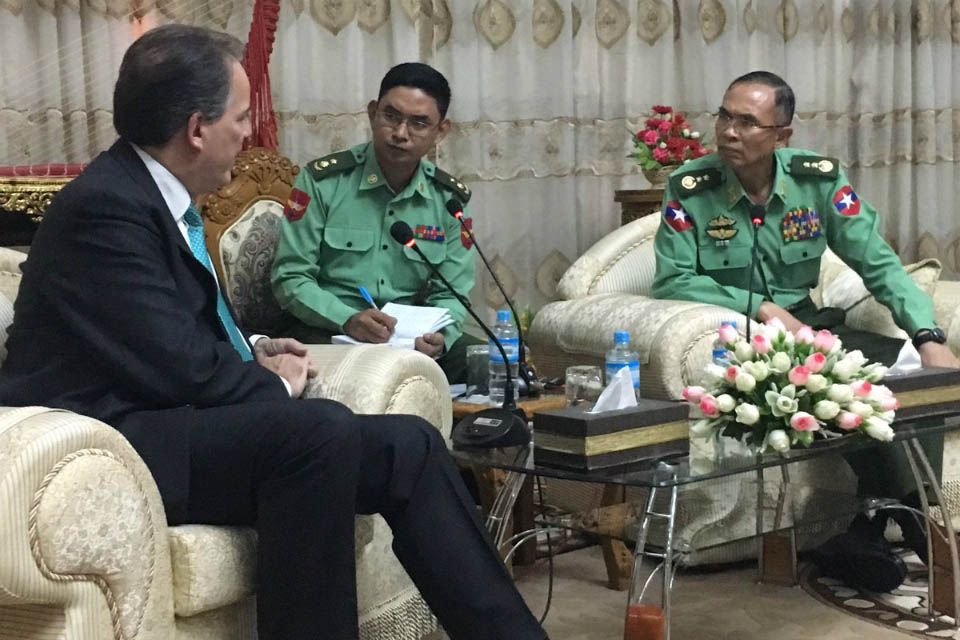Mark Field's speech at the Asian-European Meeting, Burma
Minister of State Mark Field's speech to 13th Asian-European (ASEM) Meeting in Naypyidaw, Burma on 20 November 2017.

Introduction
It is an honour to represent the UK at this ASEM Foreign Ministers’ meeting. It is a particular pleasure to see a democratically-elected leader of Myanmar in the Chair.
Myanmar’s path towards peace and democracy has been long and difficult. Major challenges remain. The UK is proud to have been a consistent advocate for human rights and democracy in Myanmar over many years. We continue to work with the civilian government to promote peace, sustainable development and fundamental rights for all communities in Myanmar.
We are particularly grateful to you, Madam Chair, for your willingness to address the issue of Rakhine in the margins of this meeting. We welcome your inclusive vision for Rakhine and commitment to the right of return for refugees.
I would also like to pay tribute to the generosity of Bangladesh for taking in more than 610,000 refugees over the past 3 months – a huge burden for any country. The UK has given some £47 million in humanitarian support and we stand ready, along with others here, I trust, to contribute further.
UK-Asia
The UK’s links with Asia run deep. They include some of our closest commercial, political and people-to-people links. As we prepare to leave the European Union, our commitment to ASEM and to Asia will endure.
Rules-based System
ASEM brings together countries with a deep commitment to the rules-based international system. Peace and sustainable development in both our regions depend on that system. So I want to highlight two threats to the rules-based system, and four global challenges that can only be addressed through strengthening that system.
North Korea
As many have mentioned, the first regional issue is the threat posed by North Korea‘s reckless nuclear and ballistic missile tests. The unanimous Security Council vote to strengthen sanctions sent the strongest possible signal of international resolve.
We all have a duty to enforce UN sanctions urgently and rigorously.
South China Sea
The second regional issue concerns the South China Sea. We are committed to a Rules-Based Maritime order. European states have a legitimate interest in peace, stability and security even as far away as the South China Sea. The UK’s position remains that all states must respect international law, as reflected in UNCLOS, and seek to settle disputes peacefully, without coercion or the threat of force.
Global Challenges
Turning to the global challenges:
The UK has shown that it is possible to cut emissions while pursuing economic growth. And I hope others will be abe to follow that lead. The Illegal Wildlife Trade not only harms biodiversity but also fosters corruption and undermines the rule of law. I congratulate China on its domestic ivory ban, and Vietnam for hosting the 2016 conference. London hosts the next conference on this issue in 2018. I urge ASEM to support work to combat this criminal trade.
Finally, digital connectivity can and will help enhance the links between Asia and Europe. The internet is increasingly a principal driver of our prosperity and social wellbeing. To ensure this continues, we must work together to tackle cyber-crime, protect online freedoms and abide by the norms of responsible state behaviour. Innovation, R&D will also ensure cyber security for us all.